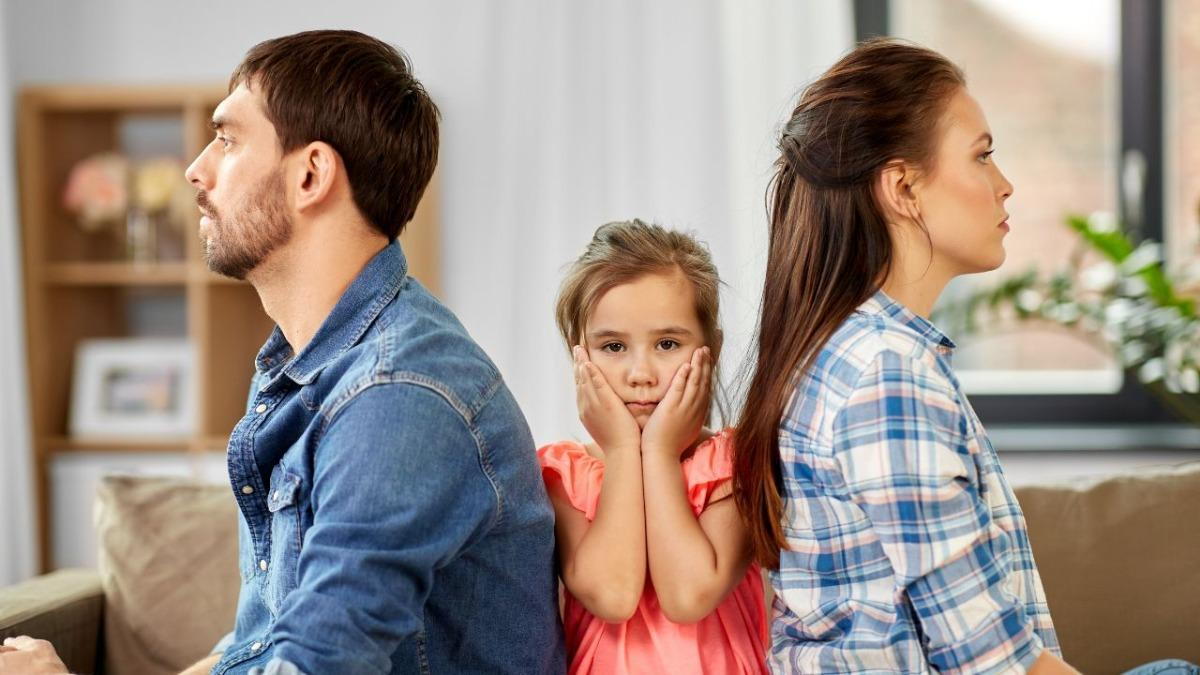How Counseling Supports Kids Through Divorce

Divorce is one of the hardest life transitions a family can face—and children often feel its impact the most. Confusion, sadness, or anxiety can surface as they adjust to new routines and living arrangements. Parents searching “counseling for kids during divorce” or “child therapy after separation” are often looking for ways to support their children’s emotional well-being. The good news is, counseling provides kids with tools to process emotions, feel secure, and adapt to change in healthy ways.
1. How Divorce Affects Children
While every child responds differently, divorce may bring:
- Feelings of guilt, thinking the divorce is their fault.
- Anger, sadness, or confusion.
- Behavioral changes like acting out or withdrawing.
- Declining school performance.
- Trouble adjusting to new routines or blended families.
Without support, these emotions can create lasting stress—but child counseling helps ease the transition.
2. How Counseling Helps Kids Through Divorce
Safe Emotional Expression
Therapists provide a safe, neutral space for children to share feelings they may hide from parents.
Age-Appropriate Tools
Through play therapy, art, or storytelling, kids learn to express emotions in ways they understand.
Building Coping Skills
Counseling teaches healthy ways to manage sadness, anger, or worry.
Reducing Guilt and Fear
Therapists reassure kids that divorce isn’t their fault and help them feel secure in new routines.
Family Support
Counselors often involve parents in sessions to improve communication and strengthen connections.
3. Benefits of Child Counseling During Divorce
Children who attend therapy during divorce often experience:
- Healthier emotional expression.
- Reduced anxiety and guilt.
- Improved behavior and school performance.
- Stronger parent-child relationships.
- Greater resilience in adapting to change.
4. Signs Your Child May Need Counseling After Divorce
It may be time to consider child counseling if your child:
- Shows sudden changes in mood or behavior.
- Avoids school, friends, or activities.
- Has frequent tantrums, anger, or sadness.
- Expresses guilt or fear about the divorce.
- Struggles to adjust to new family arrangements.
5. Tips for Parents Supporting Kids Through Divorce
While counseling is essential, parents can also help at home by:
- Reassuring kids of love – Remind them both parents care deeply.
- Avoiding conflict in front of children – Reduces emotional burden.
- Keeping routines consistent – Stability creates security.
- Encouraging expression – Let kids talk, draw, or write about feelings.
- Staying patient – Adjustment takes time.
6. Counseling for Children at EmpathyHQ
At EmpathyHQ, licensed therapists provide child and family counseling tailored to kids navigating divorce and separation. Using approaches like play therapy and solution-focused counseling, therapists help children feel supported, understood, and empowered. With offices in Fort Worth and Arlington—and telehealth across Texas—services are accessible and affordable, with sliding scale fees and financial assistance available.

Divorce is difficult, but kids don’t have to face it alone. With the support of child counseling, they can process emotions, adapt to change, and build resilience for the future. EmpathyHQ’s compassionate therapists are here to walk alongside families—helping children feel secure, supported, and hopeful through life’s transitions.
We Are Here to Answer Your Questions

What does your organization do?
EmpathyHQ provides counseling to individuals, groups, and families and empowers communities to live authentically and thrive. We break down barriers to accessing care, offering comprehensive and accessible mental health support on your journey to health and self-discovery. We are here to pave the way to a better you—and a better community.
With over 12,000 individuals benefiting from 100,000 hours of evidence-based mental health care and case management in the past four years alone, EmpathyHQ is making a tangible difference in the lives of Texans.
For a list of specific programs and services we provide, visit our Get Support section.
How can I get involved?
We welcome individuals who are passionate about mental health support and increasing access to resources. If you care about these issues, we'd love to have you join us. We support remote and in-person volunteer opportunities.
Visit our Get Involved section to find out ways to learn more, donate, or volunteer.
If I were to donate funds, how is my money used?
We take our responsibility to our community and donors seriously, striving to ensure EmpathyHQ's long-term sustainability. Our funds are used to provide mental health services for clients in need.
What is your organization's privacy policy?
Our organization takes our privacy policy seriously and protects the safety of our supporters. We do not sell or otherwise disclose information about our clients, volunteers or supporters outside of our immediate organization. This policy has no exceptions. We do not sell or exchange your information with any other organizations—public, private or nonprofit. For more detailed information visit our Privacy Policy page.
Do I have to have custody agreement or court order for my child to receive services?
YES. If your child does not live with both biological parents and there is any court order or custody agreement in place, it must be on file. In order for a counselor to see your child, they must have obtained and reviewed the MOST RECENT custody agreement or court order, and any applicable part of a divorce decree that mentions custody. When federal or state statutes provide an exemption to secure consent of a parent or guardian prior to providing services to a minor, the counselor must follow the protocol set forth in such federal or state statutes. If documentation is not provided, your child cannot be seen by a counselor.





